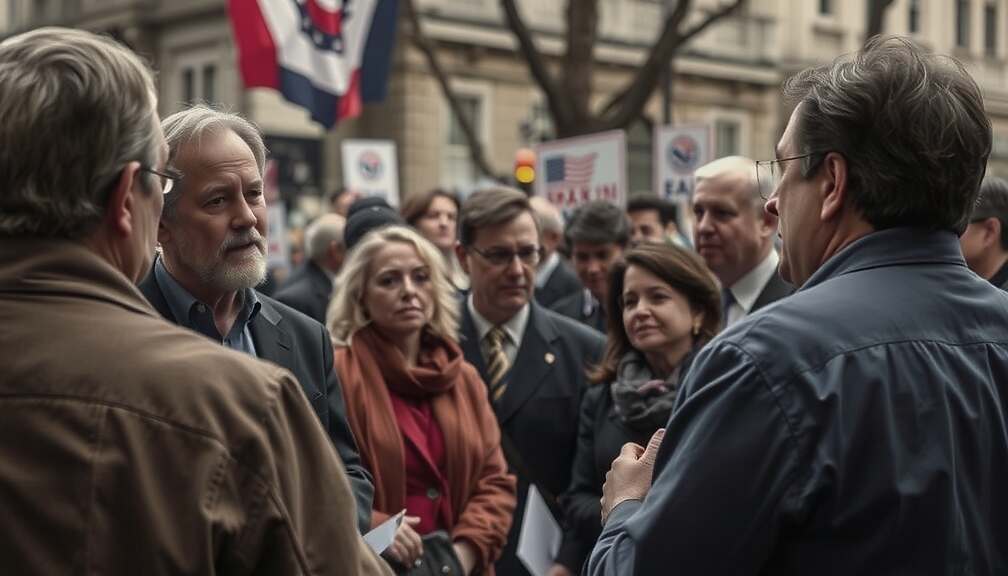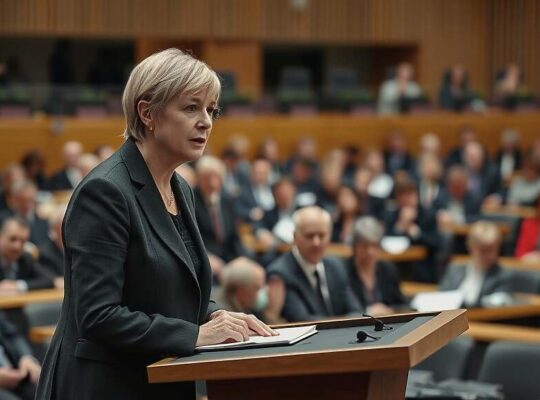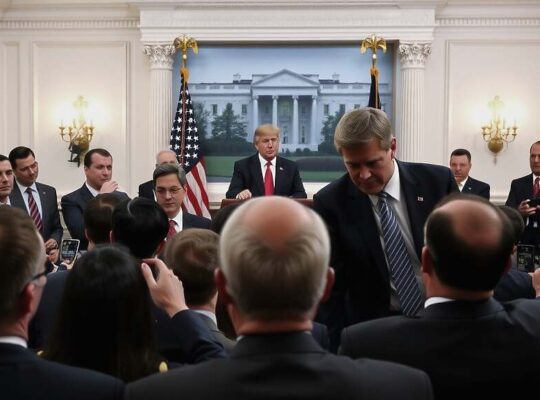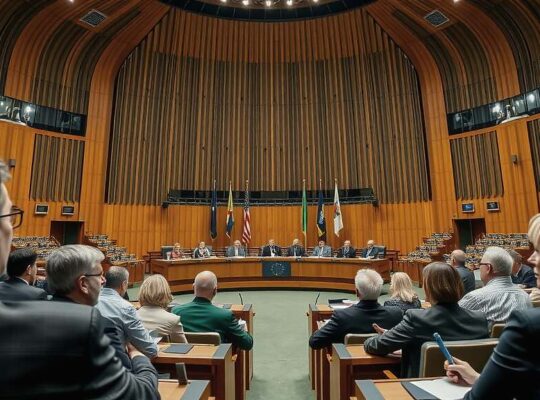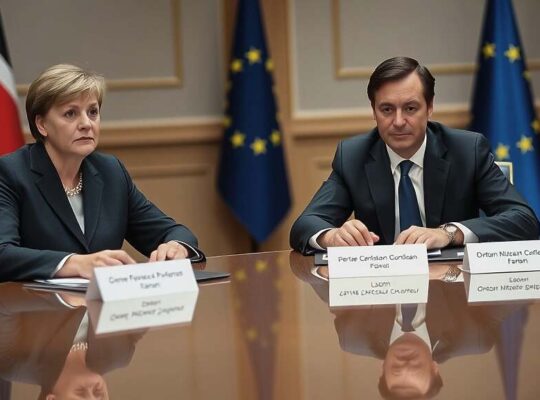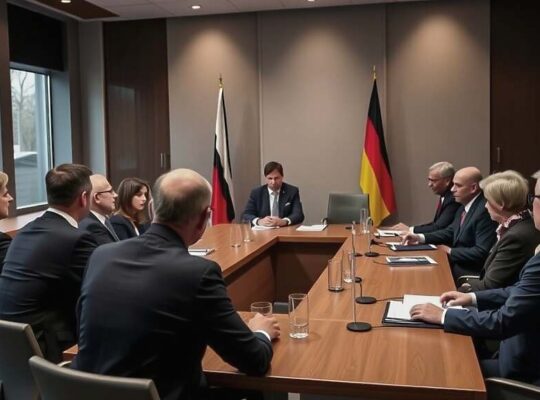The simmering dispute between the state governments of Lower Saxony and Bavaria regarding the future of internal combustion engines has intensified, with Lower Saxony’s Minister-President Olaf Lies publicly urging his Bavarian counterpart, Markus Söder, to reconsider a confrontational stance. Lies, in an interview with Politico, emphasized the need to move beyond a “trophy hunt” mentality surrounding the 2035 ban on new combustion engines.
The disagreement highlights a deeper political rift within Germany’s ruling coalition and reflects the anxieties within the automotive industry. While the federal government formally committed to phasing out new combustion engines by 2035, concerns remain about the economic implications and the potential for prematurely stifling technological innovation. Söder, known for his sometimes-combative political style, has previously signaled a willingness to push for exceptions or alternative solutions for combustion engine technology.
Lies acknowledged the pre-existing joint statement authored by himself and Söder prior to a crucial automotive summit, suggesting a compromise – a shared position capable of forming the basis for broader agreement. However, he stressed the fundamental goal remains “strengthening the automotive industry” advocating for the inclusion of technology options beyond purely electric mobility, such as range extenders and plug-in hybrids. These alternatives, he argues, would allow for a more gradual transition while maintaining viability for manufacturers and addressing consumer concerns about electric vehicle range and charging infrastructure.
The tension underscores a more general conundrum for the German government: balancing ambitious climate goals with the protection of a significant industrial sector and the livelihoods of hundreds of thousands of workers. The ongoing debate is likely to shape future policy decisions and potentially expose vulnerabilities within the governing coalition as pressure mounts to ensure a just and economically sustainable transition to electric mobility. Critics argue that the focus on rigid timelines and ideological purity risks alienating key stakeholders and hindering the long-term competitiveness of the German automotive industry on the global stage.


